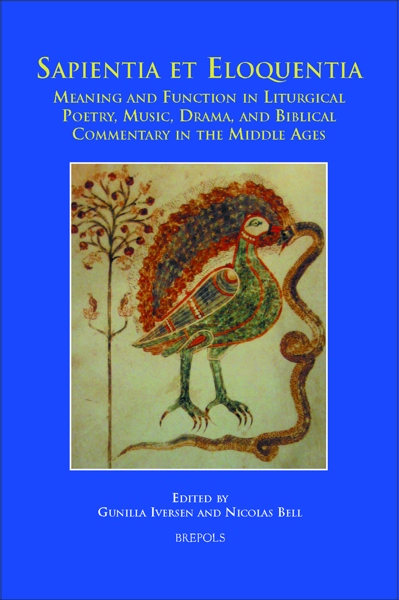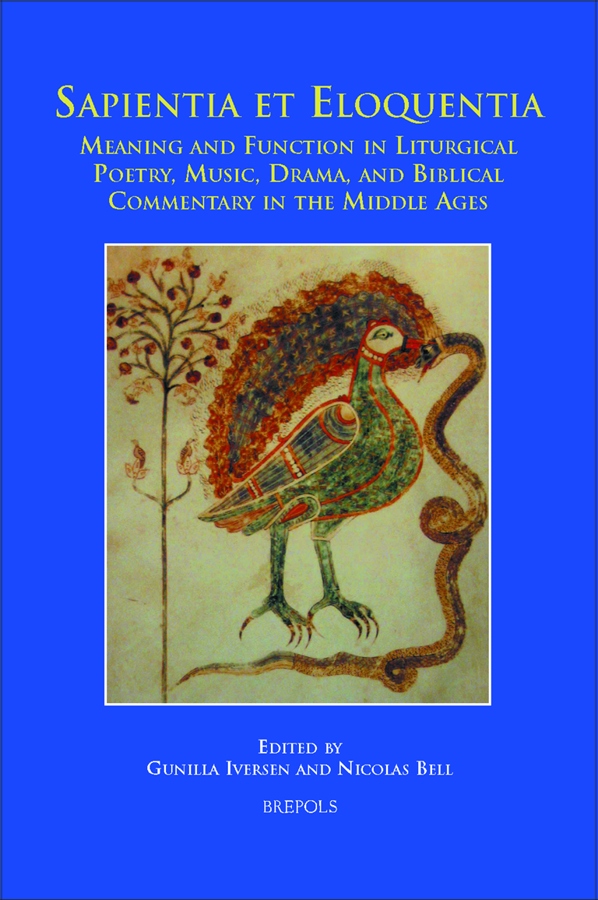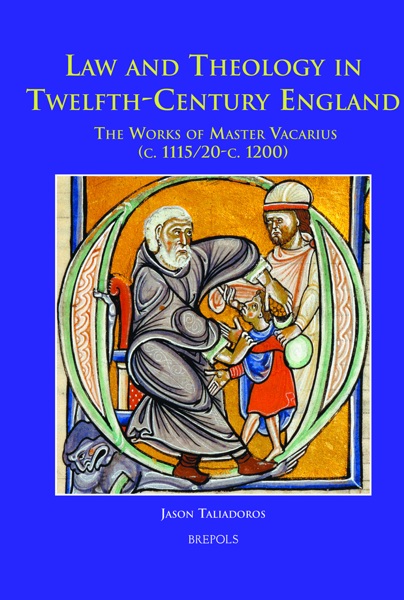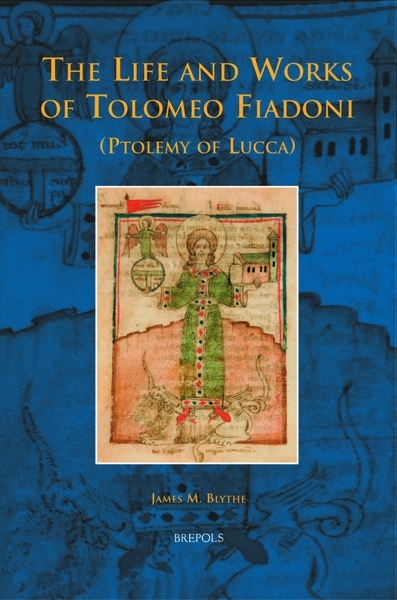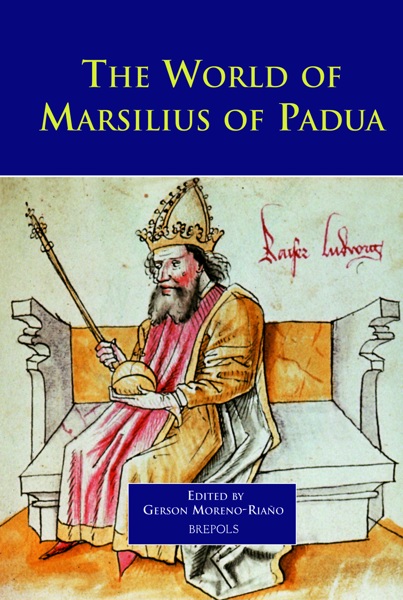
Sapientia et eloquentia
Meaning and Function in Liturgical Poetry, Music, Drama, and Biblical Commentary in the Middle Ages
Gunilla Iversen, Nicolas Bell (eds)
- Pages: 558 p.
- Size:160 x 240 mm
- Illustrations:16 b/w, 3 tables b/w.
- Language(s):English, Latin
- Publication Year:2009
- € 60,00 EXCL. VAT RETAIL PRICE
- ISBN: 978-2-503-52057-5
- Hardback
- Available
- € 60,00 EXCL. VAT RETAIL PRICE
- ISBN: 978-2-503-53748-1
- E-book
- Available
"Overall, the book offers a valuable exploration of the transition from the old monastic tradition into a new scholastic one in the twelfth century." (Mariusz Bęcławski, in Parergon 27.2, 2010, p. 239)
"The goal of this book is to represent the kind of collaborative research necessary to musical, ritualistic and exegetical parts. Overall, the book achieves this aim." (Kate Helsen, in: The journal of medieval latin, vol. 21, 2011, p. 284)
Although the twelfth century constitutes the main focus, the phenomena dealt with here had roots in earlier times and remained in circulation in later centuries. The cultural heritage of the Carolingian intellectuals tied to the palace school of Charles the Bald is examined in a liturgical context. Forms and ideas from this period were reused and transformed in the twelfth century, as represented here by sequences, tropes, Abelard’s poetry, the Gloss to Lamentations, and ritual representations or ‘liturgical drama’. The two final chapters treat fourteenth-century uses and understandings of Boethius’s De institutione musica and the new genre of sequence commentaries, both dealing with later medieval views on music theory and liturgical poetry from an earlier period, thus connecting the end of the book to its beginning. The sections are interspersed with philosophical reflections on overriding themes of the contributions. The volume concludes with an anthology of poetic texts in Latin with English translations and musical transcriptions.
